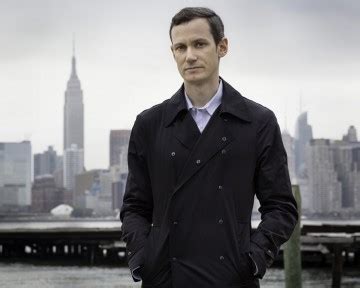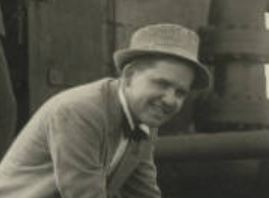A Quote by Seth Shostak
Like prospecting in the 19th century, reconnaissance of the asteroids would of necessity take place in an arena where trouble is likely and help is distant. Heroic stories of individual triumph and failure, set on landscapes never seen by humankind, are in the cards.
Related Quotes
Tarot cards likely originated in northern Italy during the late 14th or early 15th century. The oldest surviving set, known as the Visconti-Sforza deck, was created for the Duke of Milan's family around 1440. The cards were used to play a bridge-like game known as tarocchi, popular at the time among nobles and other leisure lovers.
I was really interested in 20th century communalism and alternative communities, the boom of communes in the 60s and 70s. That led me back to the 19th century. I was shocked to find what I would describe as far more utopian ideas in the 19th century than in the 20th century. Not only were the ideas so extreme, but surprising people were adopting them.
People have to take seriously the threat coming from asteroids and what it represents. As Chelyabinsk reminded us, we have to take asteroids as a serious scientific concern, as well as a concern for protection of mankind and survival of the planet. This is not some kook policy. It's the protection of the interests of every single individual life on this planet.
The proper role of government is exactly what John Stuart Mill said in the middle of the 19th century in "On Liberty." The proper role of government is to prevent other people from harming an individual. Government, he said, never has any right to interfere with an individual for that individual's own good.





































